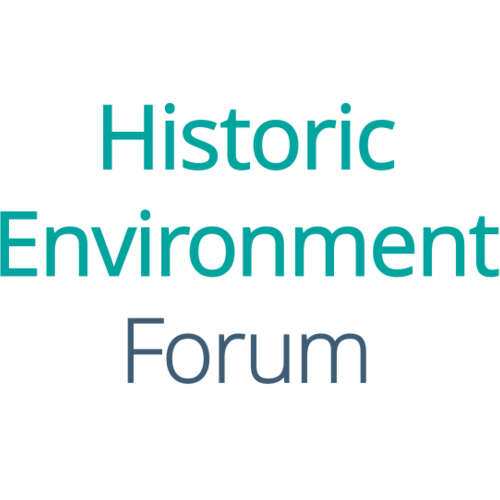
How should heritage be funded? What are the opportunities and challenges around public, private and philanthropic funding models? These are some of the key questions underpinning the 2024 Heritage Debate. This year the The Historic Environment Forum worked in partnership with The Heritage Alliance to produce a series of case studies which will contribute to the debate – sharing different models of funding heritage, as well as a diversity of views on the subject.

Antonia Newman, Director of Development at Historic Royal Palaces
What type of funding has been effective in supporting your work?
Historic Royal Palaces (HRP) benefit from our visitor income streams, which provide sustainable income that allows us to conserve, manage, and open the six heritage sites in our care.
However, in order to achieve specific projects and to increase the level of public benefit we can achieve, we do rely on fundraised income. For example, the National Lottery Heritage Fund were instrumental in HRP being able to take on the management and re-presentation of Hillsborough Castle and Gardens, opening this historically important building to the public for the first-ever time.
We have also been successful in raising funds from individual philanthropists and trusts for new programmes. For example, with our Schools Access Fund. This fund provides free places and travel bursaries to schools from disadvantaged areas to allow them to visit our palaces. The funding process varies but will generally involve in person meetings and written proposals, and then we provide regular updates and impact reports on the project.
What setbacks have you experienced related to funding?
The most dramatic setback was our enforced closure during the pandemic. As we rely on visitor income, this affected all our work for several years. We had to reduce our whole workforce by 40%, which impacted our ability to steward and maintain any relationships we already held and prevented any pro-active fundraising.
We find that that there is low awareness among UK individuals about our funding model and our status as an independent charity. While we have good success in working with trusts and foundations with an interest in heritage, we have a lower success rate from our fundraising asks and proposals to individuals. We therefore need to invest in building our networks and raising awareness. Return on investment is therefore longer to achieve.
What solutions are required to address funding challenges in heritage?
The pandemic showed us that we needed to diversify our income, and this is true for the whole of the heritage sector. We need to look at new income streams and be open to working in partnership to optimise any opportunities – be that philanthropic or commercial – so that we can achieve our strategic aim to reach more people. To ensure future sustainability, the sector needs to enthuse the next generation about the importance of museums and heritage sites. We need to develop a case for support that will appeal to younger people.


